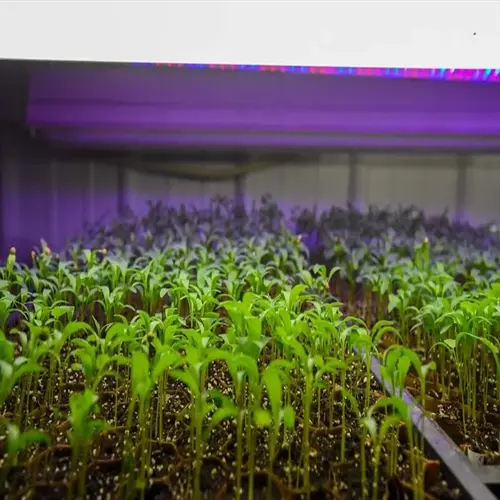Is home mushroom cultivation legally permitted?

Written by
Michael Sullivan
Reviewed by
Prof. Martin Thorne, Ph.D.Caution must be exercised when understanding the legal arena for home mushroom cultivation. Many jurisdictions permit the production of the basic culinary species, oyster and shiitake mushrooms, which means growers are mostly in the clear. However, the regulations can vary drastically for each species and method of cultivation, so it is best to verify.
Species Type
- Culinary mushrooms typically unregulated
- Medicinal varieties may require permits
- Psychedelic species strictly prohibited
Quantity Thresholds
- Personal use quantities rarely restricted
- Commercial scales trigger licensing
- Check local agricultural limits
Jurisdictional Variations
- State laws differ significantly
- Municipal codes add local restrictions
- HOA rules may apply
Culinary mushrooms are accepted in most places. Considerations with minimal restrictions are oysters, shiitake, and button mushrooms. I have grown these for years without any risk of violating laws. Please check with your county agricultural department, as there may still be regions that prohibit alternative substrates or methods for both pest control and food safety and health issues.
Psychedelic varieties carry meaningful legal risks. Federal prohibition is enforceable, regardless of state decrim. Possessing spores is even a violation of the controlled substance laws in many places. Always opt for culinary ones to minimize potential legal issues and ensure a hassle-free mushroom grow.
Check regulations before expanding your business. Commercial sales will most likely require food safety certifications across jurisdictions. Many states require inspections if the property exceeds a certain square footage. Most agricultural extension services provide free advice to help maintain compliance when embarking on mushroom cultivation.
For absolute clarity, it is best to consult the local authority. The agricultural department outlines the rules of cultivation, while the health department addresses food safety issues. Examining the local regulations may save you from situations where you have needed, or could've needed, legal advice, and you don't want to write off mushrooms as just a hobby.
Read the full article: How to Grow Mushrooms at Home: Beginner Guide

